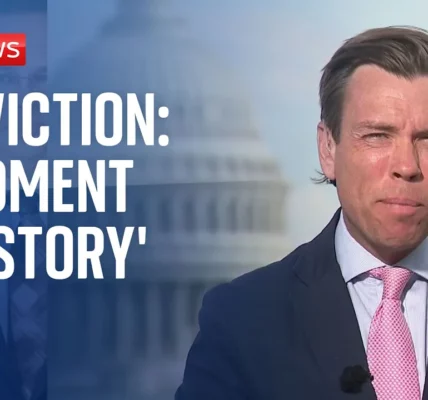Israel’s Airstrikes in Lebanon: A Detailed Analysis of Recent Events

This article presents a comprehensive examination of the recent Israeli airstrikes in Lebanon, exploring the motivations behind these actions, the impact on regional dynamics, and the responses from key stakeholders including Iran and the United States.
Introduction
The recent escalation of violence in the Middle East has seen Israel targeting key locations in Lebanon, marking a significant shift in its military strategy. This article delves into the implications of these airstrikes, particularly the bombing of an apartment block in central Beirut, and discusses the broader geopolitical context involving Palestinian militant groups, Iran, and U.S. involvement in the ongoing conflict.
The Context of the Airstrikes
Israel’s airstrikes in Lebanon represent an aggressive stance against perceived threats from militant groups such as Hezbollah and Hamas. This section elaborates on the background of these military actions, including:
- The historical tensions between Israel and Lebanon.
- The role of Hezbollah and Hamas as militant proxies for Iran.
- The impact of the ongoing conflict in Gaza on Israeli military operations in Lebanon.
Strategic Motivations Behind the Strikes
Israeli Prime Minister Benjamin Netanyahu appears to believe that the recent airstrikes will bolster his position domestically and enhance Israel’s security in the long term. Key motivations include:
1. Deterrence Against Hezbollah
By targeting leaders and infrastructure of Hezbollah, Israel aims to send a strong message of deterrence. The recent airstrikes have reportedly killed several high-ranking members of the militant group, which Israel views as crucial to its national security.
2. Domestic Political Pressure
Netanyahu’s government faces significant domestic pressures, and military successes can bolster support among the Israeli populace. This section explores:
- The political landscape in Israel and how military actions influence public opinion.
- Netanyahu’s historical reliance on military operations to consolidate power.
3. A Response to Iranian Influence
Iran’s support for militant groups poses a significant challenge for Israel. The airstrikes serve as a means to counter Iranian influence in the region:
- Iran as a sponsor of terrorism and militant groups.
- The strategic importance of disrupting Iranian supply lines and networks.
- The implications of targeting Iranian interests in neighboring countries such as Yemen.
International Reactions
The response from the international community, particularly the United States and European allies, plays a crucial role in shaping the dynamics of this conflict. This section discusses:
1. U.S. Position on Israeli Actions
The U.S. has historically supported Israel but has also called for restraint. This section covers:
- The duality of U.S. support: military aid versus calls for restraint.
- The implications of U.S. arms supplies on the Israeli military campaign.
2. The European Perspective
European leaders have expressed concern over escalating violence. This discussion includes:
- The potential for diplomatic efforts to de-escalate the situation.
- The role of European nations in mediating tensions between Israel and Palestine.
Conclusion
The recent Israeli airstrikes in Lebanon have marked a significant escalation in the regional conflict, with profound implications for the stability of the Middle East. As Netanyahu pursues a strategy aimed at deterrence against Hezbollah and bolstering his political standing, the responses from Iran and the United States remain critical. The possibility of a wider conflict looms, with various actors weighing their options in an increasingly volatile environment. For those seeking to understand the complexities of this situation, further exploration of related geopolitical dynamics is essential. Stay informed and engaged with ongoing developments in the Middle East.
“`




